
Extensive exercise regimens are keeping astronauts healthy and protecting their hearts during extended space missions, new research finds. A study from scientists at UT Southwestern Medical Center in Dallas found no loss of heart mass or output, and no loss of function in the heart’s ventricles, during flights that can last up to six months. The findings could have implications for treating diseases in which gravity plays a role. They also could help in planning longer missions, such as to Mars. “Our study shows that, remarkably, what we are doing in space to preserve heart function and morphology is pretty effective,” said senior study author Dr. Benjamin Levine. He is a professor of internal medicine in the division of cardiology at UT Southwestern. It has been known that when astronauts return to Earth, they typically experience a dramatic loss in blood pressure. A key cause is remodeling that the heart experiences because of space’s microgravity conditions. While in space, astronauts’ bodies don’t have to counteract the effects of gravity. That means their bodies are working less hard. It’s similar to what someone would experience while on bed rest, the researchers explained. The heart muscle mass decreases by an average of 1% per week while in space and the volume of blood that the heart holds also drops. It was not known whether the two hours… read on > read on >










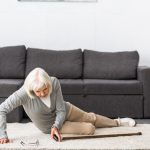
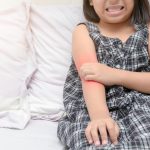


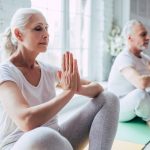


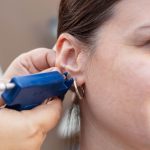
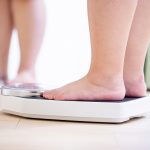





-300x200.jpg)













